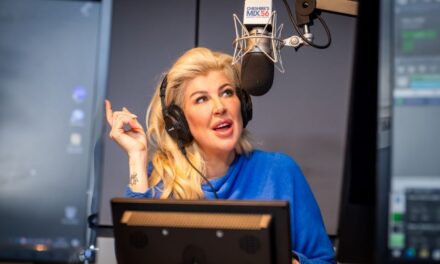Betting has been a popular pastime in the United Kingdom since at least the Restoration of the Monarchy at the end of the Civil Wars in the mid-17th Century. Games such as pitch and toss, dice, cards were even worthy of a mention in the diaries of Samuel Pepys, who referred to them as ‘profane, mad entertainment’.
It’s a subject that has long attracted the attention of the authorities, with Acts of Parliament stretching back to 1808. The basic quandary is how to allow people to express their personal freedoms, whilst still protecting the vulnerable. But this gives rise to a problem – who needs protection, and who should protect them?
In 1890, the National Anti-Gambling League (NAGL) was formed, with the stated aim of removing the ‘humiliation’ of gambling. While this may seem like a worthy cause, it hides a darker intent. For years, Horse Racing (‘the sport of Kings‘) was enjoyed mainly by the aristocracy and the upper classes. Towards the end of the 19th century, the Industrial Revolution had produced a working class with money to spend on leisure activities, including horse racing. Rather than a moral crusade, it could be suggested that the NAGL was in fact an attempt by the members of higher society to remove the ‘riff raff’ from their once-hallowed pastime.
In 1906, the Street Betting Act even went so far as to state that it was trying to prevent gambling amongst the ‘artisan classes’. The language used at the time also indicates attitudes towards the subject – ‘to bet’ and ‘to wager’ were used to describe the upper class activities, whereas ‘to gamble’ was seen as something low-brow and disreputable.
Even today, this ‘Nanny State’ attitude towards the working classes still seems to prevail – ironic given the advertising of the National Lottery which encourages every adult in the country to gamble their spare cash in corner shops, supermarkets, and petrol stations.
The result of the 1906 Act, however, only fuelled an explosion in illegal, unregulated backstreet betting, in the same way that alcohol prohibition led to an upsurge in the bootlegging market, controlled by gangsters.
Gambling in the UK is very tightly controlled by the UK Gambling Commission (UKGC). In recent years, the UKGC has introduced some well thought-out policies like background identity and affordability checks, insistence on responsible play with timeouts and self-exclusion, and the introduction of deposit and betting limits. These policies were generally welcomed by the gambling industry, and seen as necessary controls rather than draconian restrictions.
These guidelines are very strictly controlled. Operators like bet365, in addition to direct advertising of their brands, have a network of affiliate sites, intermediaries who compare and contrast casinos and sports betting operators. Affiliate sites are only allowed to promote safe, legal, licensed casinos and must indicate that they are intermediaries by the use of the hashtag ‘#ad’. They must also include a link to responsible gambling sites such as begambleaware.org and display obvious ‘18+’ signs on every page of their sites. Operators constantly monitor their affiliates’ activities to ensure they comply as failure to do so would attract large fines from UKGC. In many cases, affiliate accounts have been terminated.
All of the above make the UK one of the safest and most regulated betting landscapes in the world. But under increasing political pressure, the UKGC seem to be pushing harder and harder to restrict the ordinary player’s access to sites.
Unfortunately, in this global marketplace, there are plenty of unscrupulous offshore operators (operating from Curacao, for example) who would be more than happy to take the millions of pounds of revenue that the UK audience would spend.
In its zealous (perhaps overly zealous) drive to regulate online gambling, the UKGC may in fact undermine itself and simply drive legal, essentially cautious and responsible players into the arms of these unlicensed operators – in a classic case of history repeating itself.


















